The need cannot be delayed.
In fact, Vietnam's national network infrastructure, from government databases, banks, businesses to telecommunications networks, are all targets of increasingly sophisticated and complex cyber attacks. These attacks can originate from hacker groups, criminal organizations, and even countries with the intention of infiltrating to cause economic, political and defense damage.
Enhancing cybersecurity self-reliance helps Vietnam protect critical infrastructure, ensuring the stability of essential activities such as national governance, financial transactions, healthcare and public services.
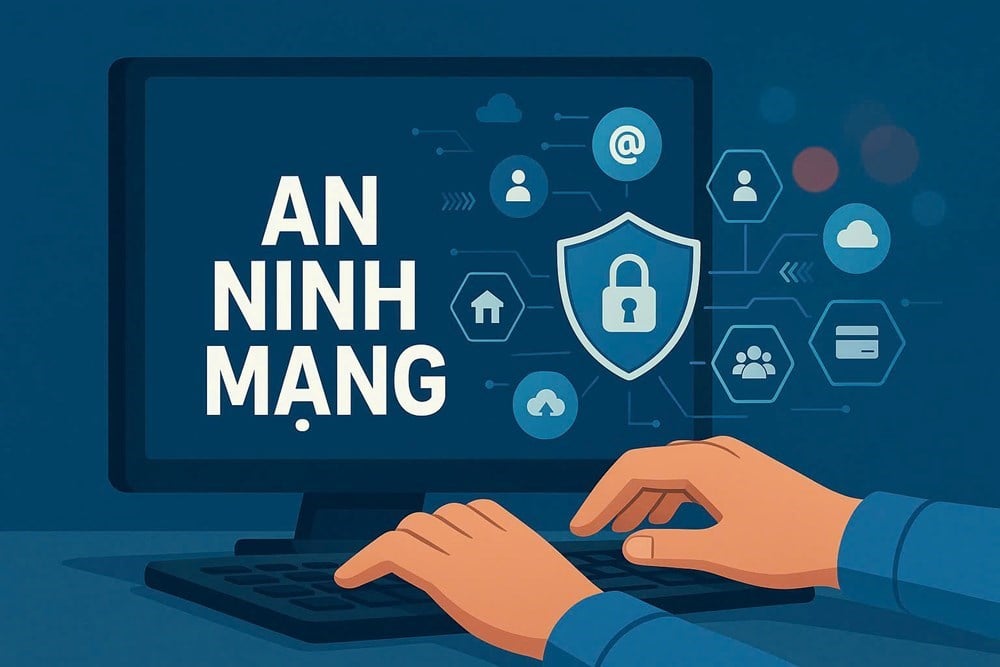
In the context of society increasingly dependent on information technology, protecting people's personal information and data becomes especially important. Data leaks, information loss or attacks on the banking system can seriously affect people's lives and business operations.
Improving cybersecurity autonomy helps Vietnam develop solutions to protect personal data, business information, and ensure the safety of online transactions. This not only protects the rights of the people but also creates a favorable business environment, strengthening the confidence of domestic and foreign investors.
In the context of increasingly strategic cyber security, external threats - especially from those who intentionally attack the country's critical infrastructure - are always latent and unpredictable. Such attacks can cause great damage to the economy and national security. Improving self-reliance in cyber security helps Vietnam be more proactive in detecting, preventing and responding, instead of having to rely entirely on international partners.
Vietnam is transforming rapidly in the process of building a digital economy, where production, transactions and service provision are all linked to information technology. New technologies such as artificial intelligence, blockchain, and the Internet of Things (IoT) are increasingly being applied. However, this development also entails increased cybersecurity risks. Strengthening self-reliance will help Vietnam build a safe digital environment, protect high-tech systems and support the sustainable development of the digital economy.
In addition, cyberspace has no borders and countries compete for influence in this field. Dependence on foreign technology companies can lead to the risk of losing control of national data and sensitive information, and create the possibility of external influence on national policies and decisions. Improving self-reliance in cybersecurity helps Vietnam maintain sovereignty in cyberspace, ensuring the safety of data and strategic information systems.
To build self-reliant capacity in cybersecurity, Vietnam needs not only to invest in technology but also to synchronously complete the legal system and management mechanism. This includes strengthening the legal corridor, developing high-quality human resources and building specialized organizations with the capacity to undertake the task of protecting national cybersecurity.
With enhanced self-reliance, Vietnam can proactively respond to threats without having to rely too much on external support, especially in the context of increasingly sophisticated and unpredictable forms of attack.
Strengthening cybersecurity autonomy, therefore, has become an inevitable requirement to protect national information, ensure the rights of people and businesses, and maintain sovereignty in cyberspace. This is also an important foundation for Vietnam to develop sustainably in the digital economy, contributing to maintaining security and social stability in the context of the world increasingly dependent on technology.
Faced with these requirements, the completion and amendment of legal documents is extremely urgent to meet the requirements of state management under the new organizational model, including the urgent need to merge the 2018 Law on Cyber Security and the 2015 Law on Network Information Security into a unified Law on Cyber Security.

Vietnam has completed the legal corridor for telecommunications and cybersecurity management.
Cybersecurity Law: Completed and waiting for the button to be pressed
Implementing the direction of the Prime Minister, the Ministry of Public Security has prepared a dossier to propose the development of the Law on Cyber Security in accordance with the provisions of the Law on Promulgation of Legal Documents.
Pursuant to Resolution No. 87/2025/UBTVQH15 dated July 10, 2025 on adjusting the Legislative Program, the National Assembly Standing Committee added the Cybersecurity Law project to the 2025 Legislative Program and allowed its implementation according to shortened procedures.
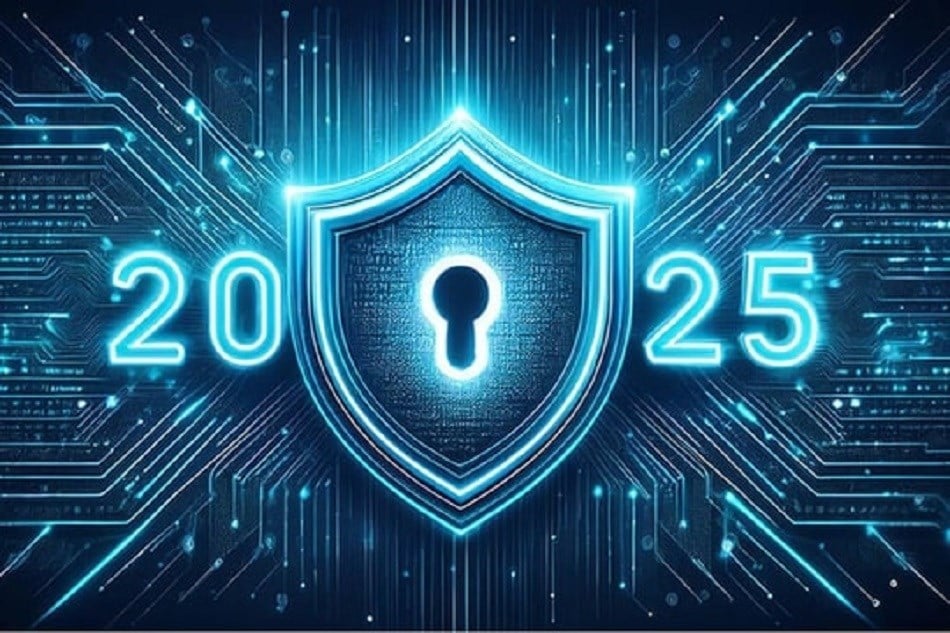
Although implementing the simplified procedure, the Ministry of Public Security still conducts extensive public consultation on the Ministry of Public Security's electronic information portal, and at the same time sends a document requesting ministries, ministerial-level agencies and People's Committees of provinces and cities to participate in giving comments on the draft Law dossier.
The draft Law dossier has been appraised by the Ministry of Justice, reviewed and commented by the Government and preliminarily examined by the Standing Committee of the National Defense, Security and Foreign Affairs Committee. On that basis, on September 22, 2025, the Government issued Submission No. 815/TTr-CP to the National Assembly on the draft Law on Cyber Security.
During the review process, the National Assembly's Committee on National Defense, Security and Foreign Affairs highly appreciated the Government and the lead advisory agency, the Ministry of Public Security. The Committee agreed with the adjusted contents of the draft Law. The review report affirmed that the draft is consistent with the Party's policies and guidelines; ensures constitutionality and consistency in the legal system; and clearly demonstrates the spirit of innovative thinking in law-making. The project dossier was fully completed according to the shortened procedures prescribed by the Law on Promulgation of Legal Documents.
The draft Law on Cyber Security is built on the basis of merging the 2018 Law on Cyber Security and the 2015 Law on Network Information Security on the principle of not changing the functions and tasks of ministries and branches and not creating new policies.
The merger ensures compliance with the spirit of Resolution No. 18 of the Central Executive Committee on innovation and reorganization of the political system to be streamlined, effective and efficient, with the requirement that "one task is assigned to only one agency in charge, with primary responsibility", avoiding overlapping functions, tasks, management scope and not omitting areas.
During the drafting process, the presiding agency closely followed the conclusions of the National Assembly Standing Committee, only stipulating in the Law the contents under the authority of the National Assembly; not stipulating issues under the authority of the Government, Ministries and branches; not repeating regulations already in other laws. For new issues, rapidly changing and unstable practices, the draft only stipulates a framework, is of a principled nature and assigns the Government and Ministries to provide detailed instructions.
At the 10th Session of the 15th National Assembly, delegates enthusiastically discussed the draft Law on Cyber Security, with 70 delegates speaking at the Group (October 31, 2025), 15 delegates speaking at the Hall (November 6, 2025) and 5 National Assembly delegations sending written opinions.
With high consensus in the process of drafting, reviewing and discussing at the National Assembly, the draft Law on Cyber Security has met all the conditions to be considered and approved at the 10th Session.
When enacted, the law will not only overcome shortcomings in the current legal system but also create a unified legal foundation to protect national security in cyberspace, protect people and business data, and strengthen national governance capacity in the digital age.
Source: https://baovanhoa.vn/nhip-song-so/bai-cuoi-luat-an-ninh-mang-la-chan-phap-ly-truoc-cac-moi-de-doa-183871.html


![[Photo] VinUni students' emotions are sublimated with "Homeland in the Heart: The Concert Film"](/_next/image?url=https%3A%2F%2Fvphoto.vietnam.vn%2Fthumb%2F1200x675%2Fvietnam%2Fresource%2FIMAGE%2F2025%2F11%2F26%2F1764174931822_10-3878-jpg.webp&w=3840&q=75)


![[Photo] Close-up of heavy damage at the school located on the banks of the Ban Thach River](/_next/image?url=https%3A%2F%2Fvphoto.vietnam.vn%2Fthumb%2F1200x675%2Fvietnam%2Fresource%2FIMAGE%2F2025%2F11%2F26%2F1764152130492_ndo_bl_img-8188-8805-jpg.webp&w=3840&q=75)




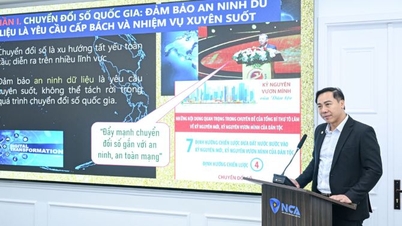



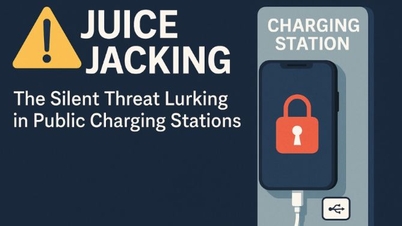


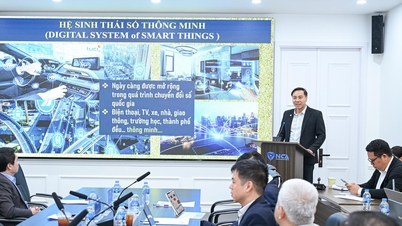















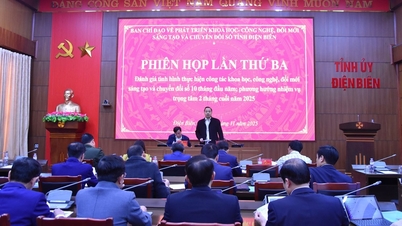



















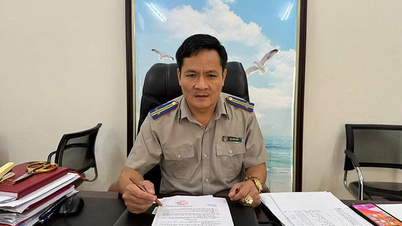







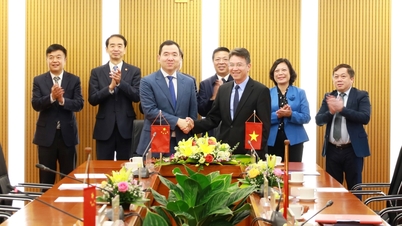





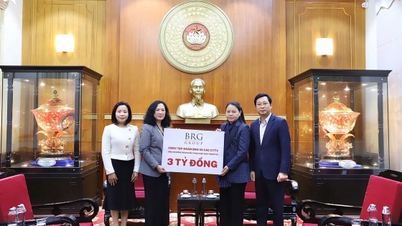












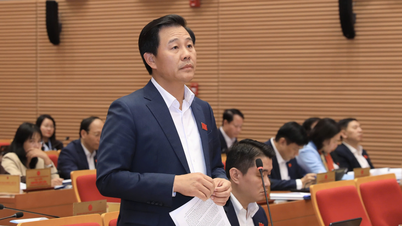
![[Photo] Opening of the 28th Session of the Hanoi People's Council](https://vphoto.vietnam.vn/thumb/402x226/vietnam/resource/IMAGE/2025/11/26/1764155991133_image.jpeg)




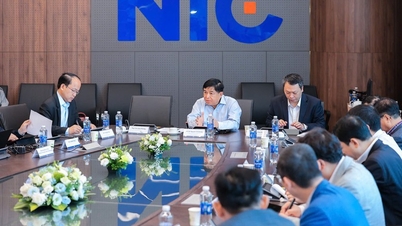




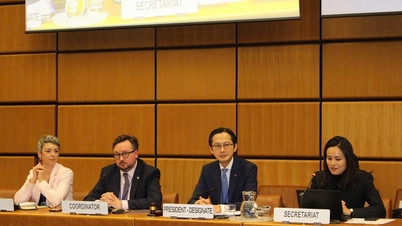




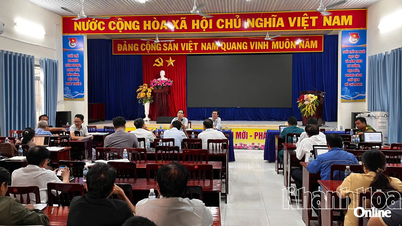













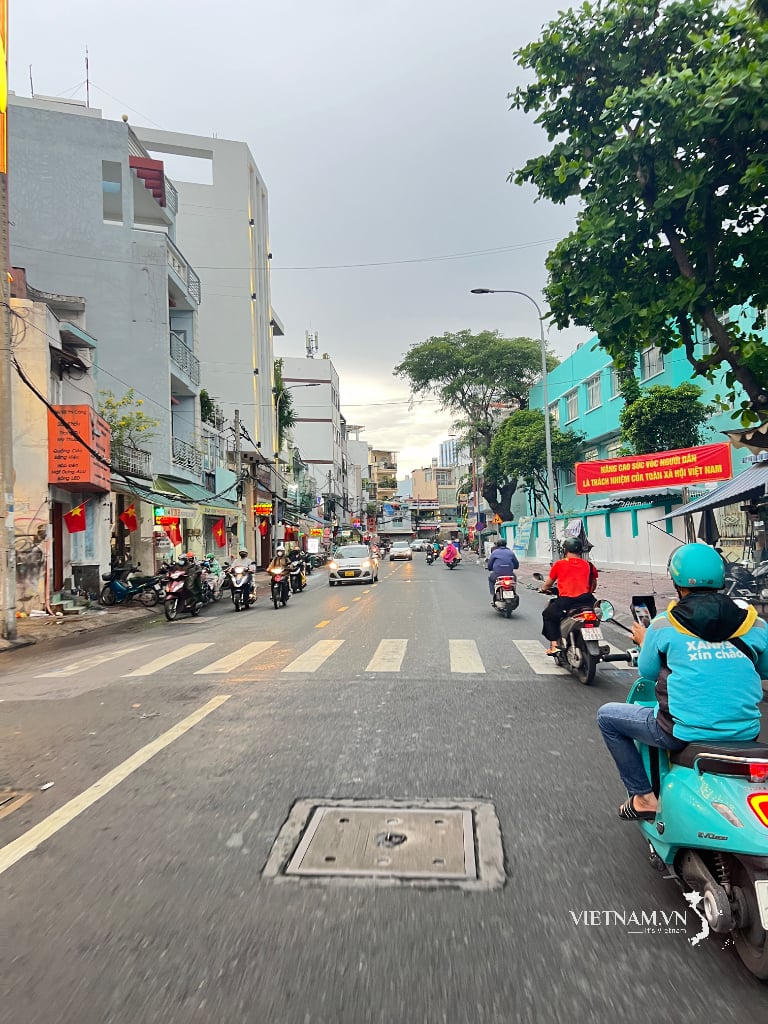

Comment (0)